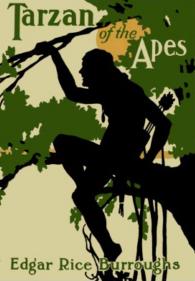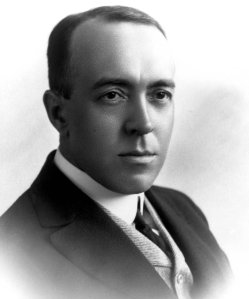I’m a fan of Joseph Conrad. I believe that his novella Heart of Darkness is one of the greatest explorations of what really resides in the souls of men ever written. Today, it has fallen somewhat out of favor because certain vocal literary critics focus on the colonial trappings… and thereby manage to miss the point of the book entirely. In fact, I like this book so much that I became a bit of a scholar regarding it, and was even asked to write the introduction to the edition linked above.
So when I sat down to read a Conrad book about spies and conspirators, I thought to myself “I am in for quite a treat.”
Turns out I wasn’t.

The Secret Agent, a seminal book about a terrorist plot in England seemed dry and stale and boring. The bad guys seemed painfully incompetent and unimaginative, and the plot moved at the speed of frozen molasses in quicksand, ti mix three metaphors.
This was the book that, directly or indirectly led to–or at least influenced–the spy genre as we know it? This is the one that inspired the Unabomber? Really?
Well, yes, and the secret to understanding what went awry in my own reading comes down to one thing: expectations.
What I was expecting was a fantastic story about glamorous spies that flirts with the edges of plausibility. What I got was the slightly dramatized retelling of a real-life story of badly-organized and somewhat incompetent anarchists.
Let’s start with that second part, first. The bare bones of the plot are based around a failed bombing in London in 1894 whose only victim was the bomber himself (a man who intended to plant his bomb and walk away unscathed). Names are changed, but that is the story. Not only is the plot uninspiring, but it is also told from the viewpoint of the bad guys… which is cool if your protagonist is Al Capone, or someone equally competent, but not so motivating in this case.
So yes, the book is somewhat at fault–even in 1907 there had to be better secret villains to write about–but let’s look at my other point: fantastic vs. slightly dramatic. In hindsight, it becomes clear that, as the secret agent novel gained popularity, more baroque and twisted stories needed to be concocted and the heroes slowly migrated from regular men in extraordinary circumstances as in The Thirty-Nine Steps (another book with an intro by yours truly… I’m beginning to sense a pattern here) to very exceptional men and women tested to the limits of their own enormous capabilities.

When we read a book in this niche today, we expect the writer to stand on at least some of the shoulders of the giants who came before him. Yes, the Fleming books from the sixties are tame by today’s standards, but at least some of the tropes are already present, and the cover art is marvelous.
This immediately leads to the question of who those giants are. And that is where this volume truly comes into its own. When you dig into the mass of names: Fleming, Buchan, Householder, standing near the bottom, holding up many of the cherished authorial heroes, is old man Conrad.
So, if you are going to read one Conrad book in your life, read Heart of Darkness. But If you want to understand where Tom Clancy and John LeCarré are coming from, The Secret Agent is worth the effort. At the very least you will have a good example of art that was a victim of its own success.

